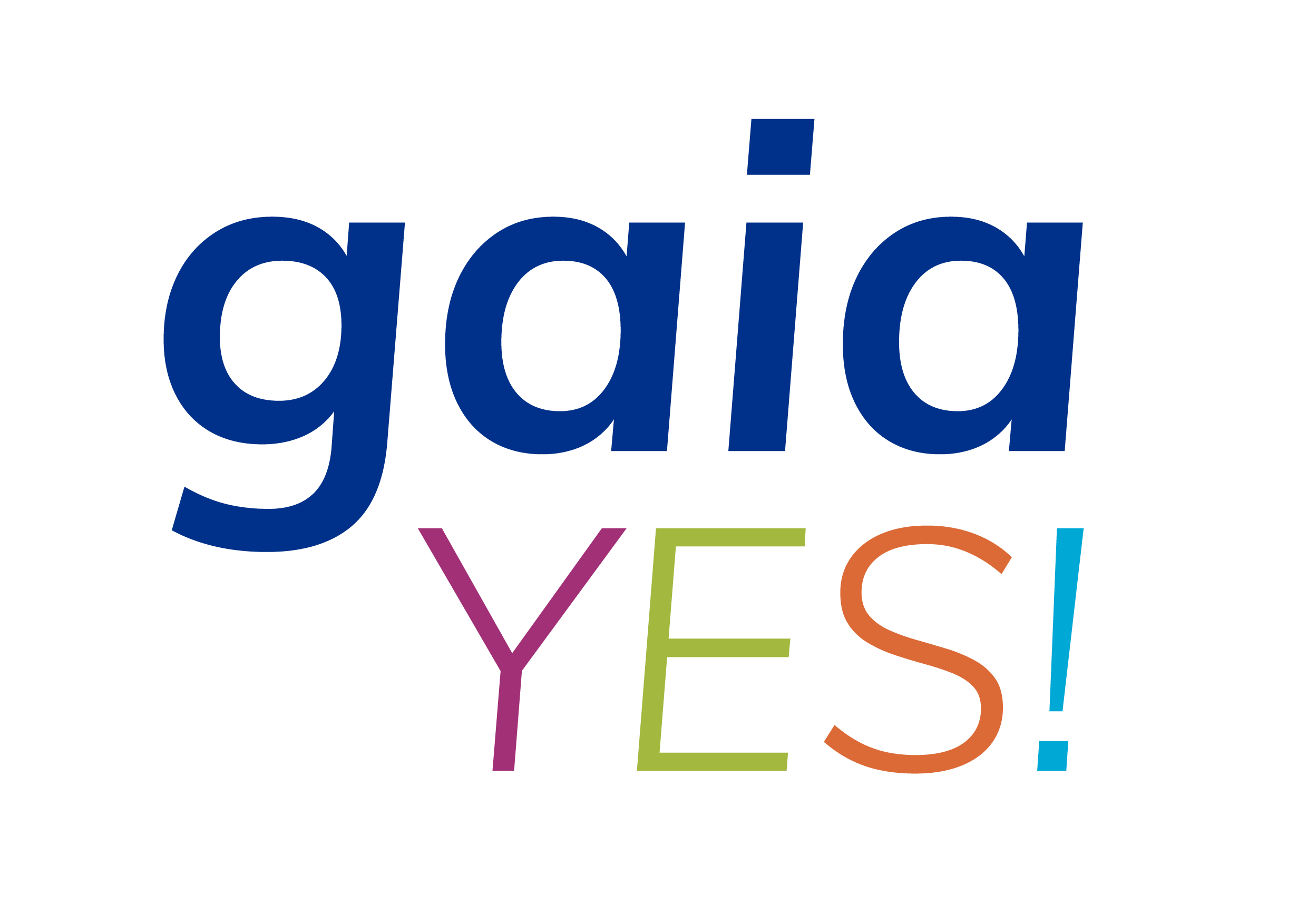INTRODUCTION

Make students more aware of the tension between the universally present tendency to want to constantly increase our consumption level versus personal well-being. Students explore alternative ways to measure our well-being, such as the Happy Planet Index and Gross National Happiness and more. They then explore and try out alternative lifestyles such as the 4-day work week and zero-waste, off-grid and slow motion living.
Relevance
Why?
Livelihoods & consumption habits do not consider ethics and wellbeing
How?
Contemplate on consumption & what makes us happy
What?
Review GNH & other alternative welfare measures
SDG’s
SDG 8: Decent work and economic growth; SDG 12: Responsible consumption and production
Subjects
Human studies.
Key concepts
- Do high levels of consumption improve human well-being?
- Fair purchases
- Happy Life
- Alternative indicators at the national and international level
- Values and ethics in economic life
- Investment choices
Learning outcomes
Head:
- Describes motivations behind livelihood expectations
- Identifies & explains alternative welfare measures used around the world
- Debates new welfare measures for community, regional & global level that support happiness & sustainability
- Describes examples & outcomes of 4 day working week experiments / cases in different countries
- Names collaborative consumption projects
- Explains principles of ‘slow movement’
- Describes concepts of zero waste and off-grid lifestyles
- Understands principles of participatory budgeting
Heart:
- Visualizes & describes a world where cooperation, friendship, joy & living with nature are the main underlying values
- Develops a personal vision for the balance of personal/professional life
- Participates in group design process for a collaborative consumption project
Hands:
- Creates a list of personal welfare measures for own life
- Identifies collaborate consumption & peer-to-peer networks in home region
- Calculates an ecological footprint of his / her diet
- Conducts an experiment of zero waste lifestyle for a period of time and reports to class / group


0 comments
Leave a comment
Please log in or register to post a comment